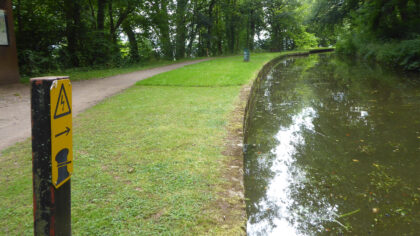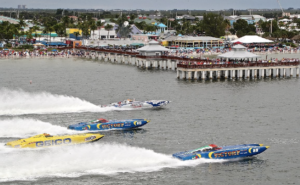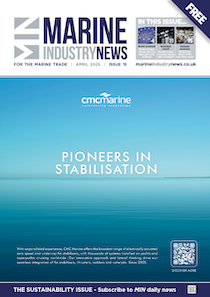New IWA vision for sustainable propulsion

The Inland Waterways Association (IWA) has published its new vision for how boating on the inland waterways can be more sustainable in the future.
Recognising the UK Government’s strategy to reduce emissions from diesel and petrol engines, the IWA formed its Sustainable Propulsion Group in 2019 to identify and monitor developments in technology that would allow the inland waterways to contribute to the UK meeting the Government’s stated aim of zero CO2 emissions by 2050.
A vision paper produced by the Group outlines a number of actionable recommendations for the UK Government. The Group says that if implemented, these would go a long way to ensuring that the inland waterways continue to deliver benefits to society and the economy while being sustainable for future generations.
These recommendations include:
Investment in infrastructure
The installation of 300 shore power mains connection charging sites across the connected inland waterways network which is said would improve air quality by reducing the emissions from stoves for heating and engines run for charging batteries, as well as enabling a move towards more boats with electric propulsion.
National dredging programme
Working with navigation authorities, investment in a dredging programme across the inland waterways to make propulsion more efficient. It’s said this will also have additional environmental benefits on water quality and increasing capacity for flood waters.
Research into biofuels
As existing boats and engines can have lives of 50 years and more (and the manufacture of new engines causes greater ecological and environmental damage than a lifetime of running existing engines) research into the production, use and distribution of biofuels is essential to significantly reduce the environmental impact of existing diesel and petrol engines.
Alternative propulsion methods
Research and development of alternative forms of propulsion, including hydrogen production and distribution, hydrogen and solid oxide fuel cells and the use of supercapacitors, which would allow these technologies to be developed and trialled in new build boats.
The paper concludes that much of the research and development recommended above will apply equally to road transport and will already be taking place. The IWA wants to ensure that boats used on the inland waterways do not get left behind in technological developments in order that the waterways can fully contribute to the UK meeting its zero CO2 emissions goal by 2050.
You can read the full paper here.











